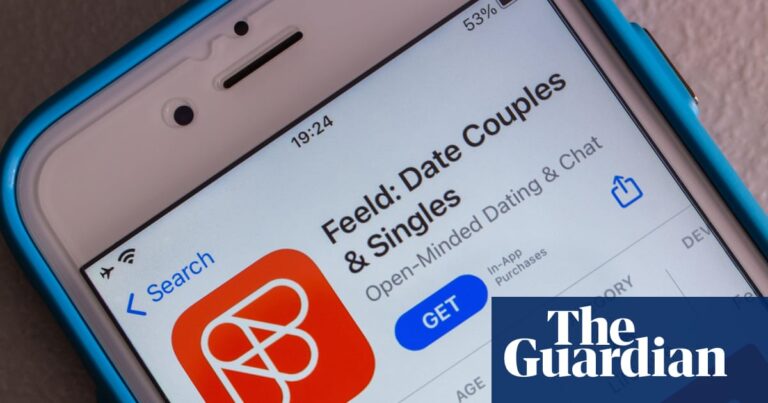How you meet your partner could predict how happy you’ll be in your future marriage—and it’s bad news for online daters.
A study compared the marriages of those who met online with those who met organically, and found that those who met online reported less satisfying and less stable marriages than those who were introduced to one another offline.
The study involved 923 married couples in the United States, around half of whom met their spouse online. However, those who met online were also often dealing with external pressures, such as societal marginalization—fears their relationship or the way in which they met would not have wide societal acceptance.
Those chosen for the study matched the U.S. Census Bureau on age, race and gender,with those who met online using apps and sites including eHarmony, Grindr, Match and Tinder. Those who had met in person were introduced by friends, family or neighbors, through work or church, in college or school, or in bars or other public venues such as the gym.
Researchers found that married couples who had met online were younger and were more recently married than those who did not, and had also dated more people prior to getting married. They were also more likely to be in a same-sex marriage.
The researchers found that those who had met online had lower rates of satisfaction and stability in their marriage, indicating lower-quality marriages than those who had met in person. The researchers noted, however, that their ratings were still above the midpoint for satisfaction and stability, meaning online daters still had an overall high-quality marriage.

Carlos Barquero Perez/Getty Images
In 1995, just 2 percent of couples met online, shooting up to 39 percent by 2017, according to data from Statista.
Marriages of people who met online tend to be younger couples who were married more recently, researchers found. And, due to the much larger dating pool offered by online dating, may be more experienced in dating before settling down with a spouse than those who did not meet online.
Marriages formed from online dating may also be more racially and sexually diverse, with researchers citing a previous study which noted online dating is almost twice as popular among lesbian, gay and bisexual couples compared to heterosexual couples.
Online dating disrupted the traditional dating scene, including allowing people to meet despite not being local, and friends and family not meeting the partner and having opinions on them until the relationship has been established, researchers suggested.
Not being physically close to the potential partner may make people compensate by becoming more emotionally intimate, and they may feel more open to sharing their true selves from behind the protection of a screen, with this early disclosure leading researchers to anticipate a strong foundation for marriage.
While online dating began with matching people more scientifically, using search tools to find people with their hobbies and things in common, they stated that this has changed to a rise of algorithms in dating apps like Tinder which study swiping patterns.
Do you have a tip on a science story that Newsweek should be covering? Do you have a question about relationships? Let us know via science@newsweek.com.
Reference
Sharabi, L. L., & Dorrance-Hall, E. (2024). The online dating effect: Where a couple meets predicts the quality of their marriage. Computers in Human Behavior, 150107973.



